BACK TO RESEARCH WITH IMPACT: FNR HIGHLIGHTS
Today, the Nobel Prize in Physiology or Medicine was awarded to three researchers – Mary E. Brunkow and Fred Ramsdell from the USA, and Shimon Sagaguchi from Japan. Together, they discovered how our immune system is kept in check. Dirk Brenner at the Luxembourg Institute of Health explains the Nobel Prize and how regulatory T cells are at the heart of his research on autoimmunity and cancer.
Every day, our immune system protects us from thousands of different microbes that try to invade our bodies. These all look different, and many have developed similarities to human cells in order to camouflage themselves. So how does the immune system determine what to attack and what to defend?
To prevent the immune system from attacking our own organs, it must be regulated. Brunkow, Fred Ramsdell and Shimon Sakaguchi are receiving the Nobel Prize for their discoveries on so-called peripheral immune tolerance, which prevents the immune system from damaging the body. The laureates identified the immune system’s security guards, known as regulatory T cells, which prevent immune cells from attacking our own bodies.
Dirk Brenner heads a research team at the Luxembourg Institute of Health that is also working on regulatory T cells. He gave us his assessment and further explanations of the Nobel Prize, and explains how regulatory T cells are at the centre of his research work on autoimmunity and cancer.
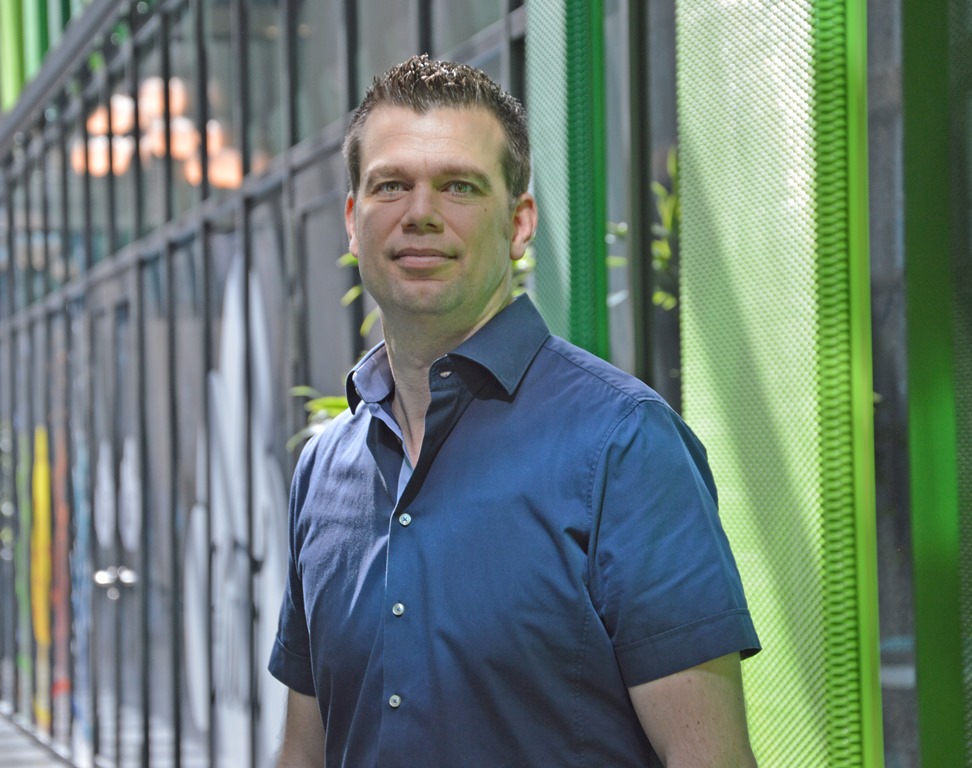
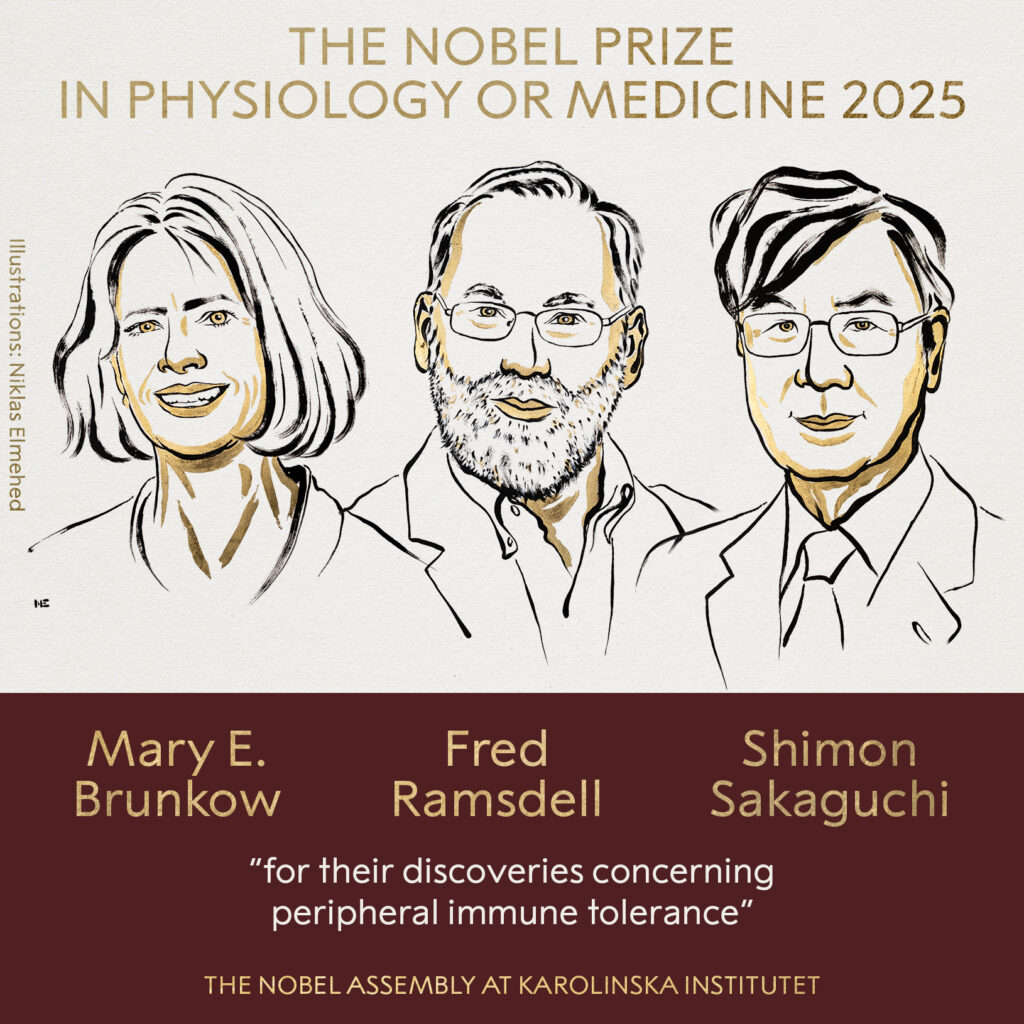
Is the Nobel Prize justified?
“The Nobel Prize is absolutely justified. Immune tolerance is one of the major topics in immunology, and the laureates made the first groundbreaking discoveries on the role of regulatory T cells, or Tregs, which play a central role in the regulation of peripheral immune tolerance, but also in the development of autoimmunity, allergy and cancer.”
What exactly are regulatory T cells?
“Regulatory T cells are a specific type of white blood cell that generally act as a brake on the immune system. Our immune system is necessary for healthy bodily function and protects us from all kinds of infections. T cells are particularly important in this regard. There are different types of T cells. Some are actively involved in fighting pathogens, while others ensure that the immune system does not overreact – these are known as regulatory T cells. Although they make up only a small proportion of all T cells, they are crucial for controlling our immune system.”
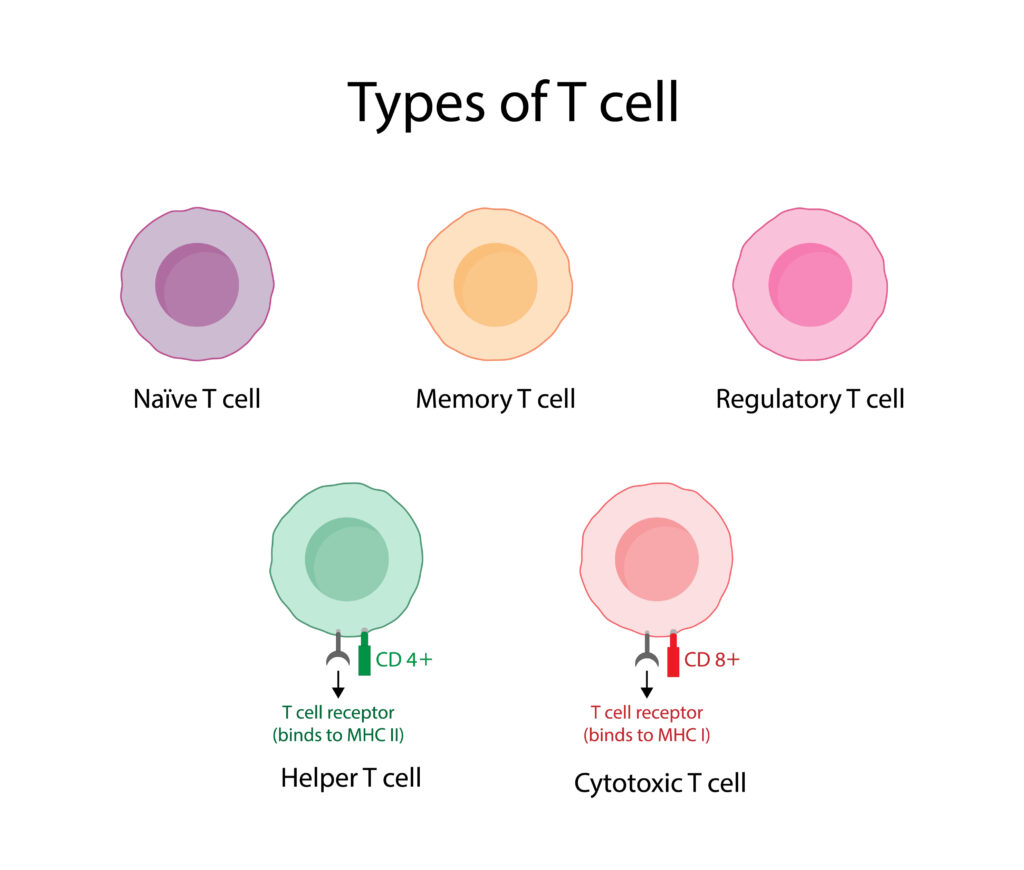
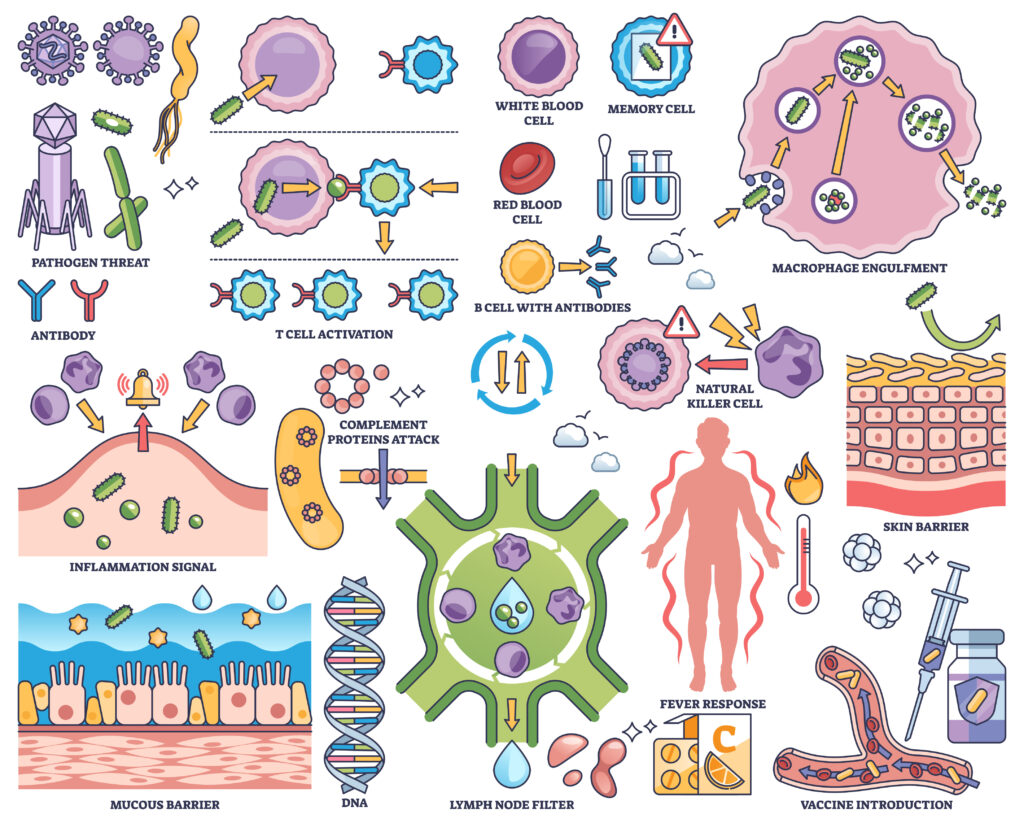
What role do regulatory T cells play in autoimmunity, allergies and cancer?
“If the ‘braking function’ of regulatory T cells does not work properly, the immune system gets out of control and turns against the body itself. This can lead to harmful autoimmune diseases such as multiple sclerosis, type I diabetes or arthritis. Accordingly, regulatory T cells can be targeted in therapeutic approaches to suppress autoimmune diseases.
“They also play a role in allergies by preventing the immune system from overreacting to harmless substances such as pollen or food.
“However, a highly reactive immune system can kill cancer cells very efficiently. This has also led to the development of ‘checkpoint inhibitors’, specific drugs that trigger an attack by the immune system on cancer cells and which were awarded the Nobel Prize for Medicine in 2018.
“In the vicinity of tumours, regulatory T cells can therefore ‘slow down’ the immune system too much. This can lead to cancer cells no longer being fought and tumours developing more easily.
“In this case, researchers are therefore trying to weaken the effect of these cells in order to improve therapy.”
What role do regulatory T cells play in your research?
“Among other things, we have investigated the metabolism of these regulatory T cells or Tregs. Improving Treg metabolism offers promising therapeutic potential for alleviating the inflammatory symptoms of autoimmune diseases. Conversely, inhibiting Treg metabolism can improve the effectiveness of conventional immunotherapy in cancer patients.
“We pursued this approach and discovered a new mechanism by which this balance between an extreme or weakened immune response can be controlled by altering the metabolism of regulatory T cells.
“Our study could be a first step towards personalised treatment of metabolic diseases and autoimmunity through specialised nutrition.”
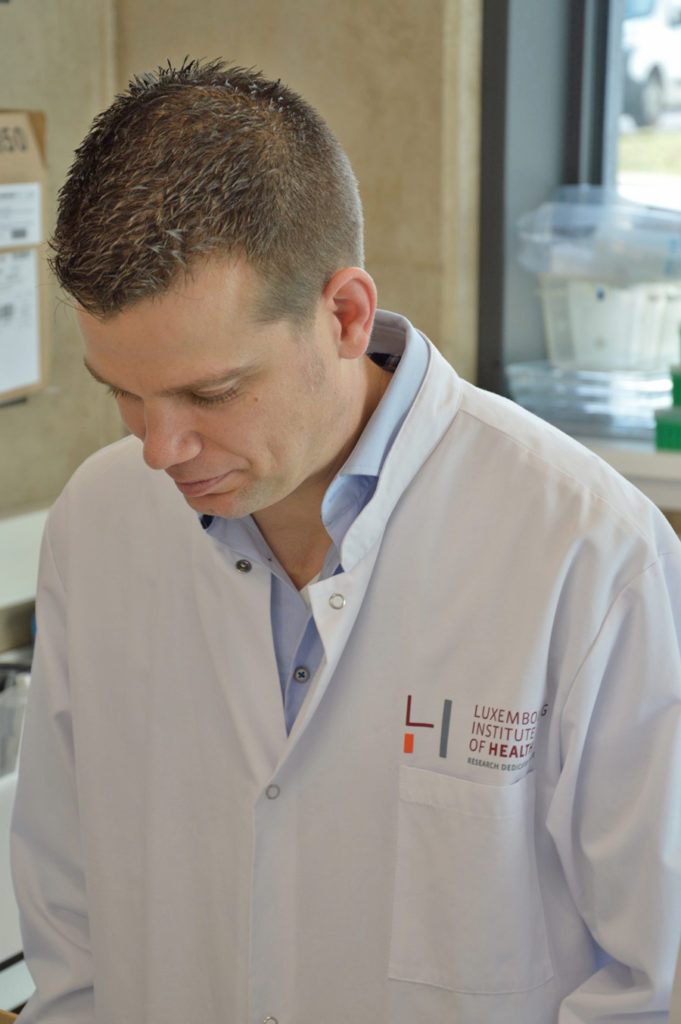
Dirk Brenner – short biography
Prof. Dirk Brenner heads the Experimental and Molecular Immunology research group at the Luxembourg Institute of Health (LIH) and is also Professor of Immunology and Genetics at the Luxembourg Centre for Systems Biomedicine (LCSB) at the University of Luxembourg and Professor of Allergology at the University of Southern Denmark. In 2015, he received the prestigious ATTRACT Consolidator Grant from the Luxembourg National Research Fund (FNR) to set up his research group at the LIH. The FNR-ATTRACT programme supports national research institutions in expanding their expertise in strategic research areas by attracting outstanding young researchers with high potential to Luxembourg.
Interview by Michèle Weber (FNR). Originally published on science.lu (in German) on 6 October 2025.
Related highlights
25 examples of research with impact: Breaking barriers in cancer research & treatment
As the FNR marks 25 years since its creation, we highlight 25 examples of FNR-supported research with impact. In Luxembourg…
Read more
Spotlight on Young Researchers: Studying the immune cells of the brain to uncover their role in Parkinson’s disease
Parkinson’s disease (PD) is the fastest growing neurological disease in the world, affecting around 1-2% of the population above the…
Read more
25 examples of research with impact: On the trail of allergies
As the FNR marks 25 years since its creation, we highlight 25 examples of FNR-supported research with impact. Over the…
Read more
Fighting autoimmunity and cancer: The nutritional key
A team of scientists at the Luxembourg Institute of Health (LIH), led by FNR ATTRACT Fellow Prof Dirk Brenner, have…
Read more
Spotlight on Young Researchers: Understanding our immune system
Stemming from Italy, Indonesia, Luxembourg, Portugal and Spain, the members of the Experimental & Molecular Immunology Group truly are an…
Read more